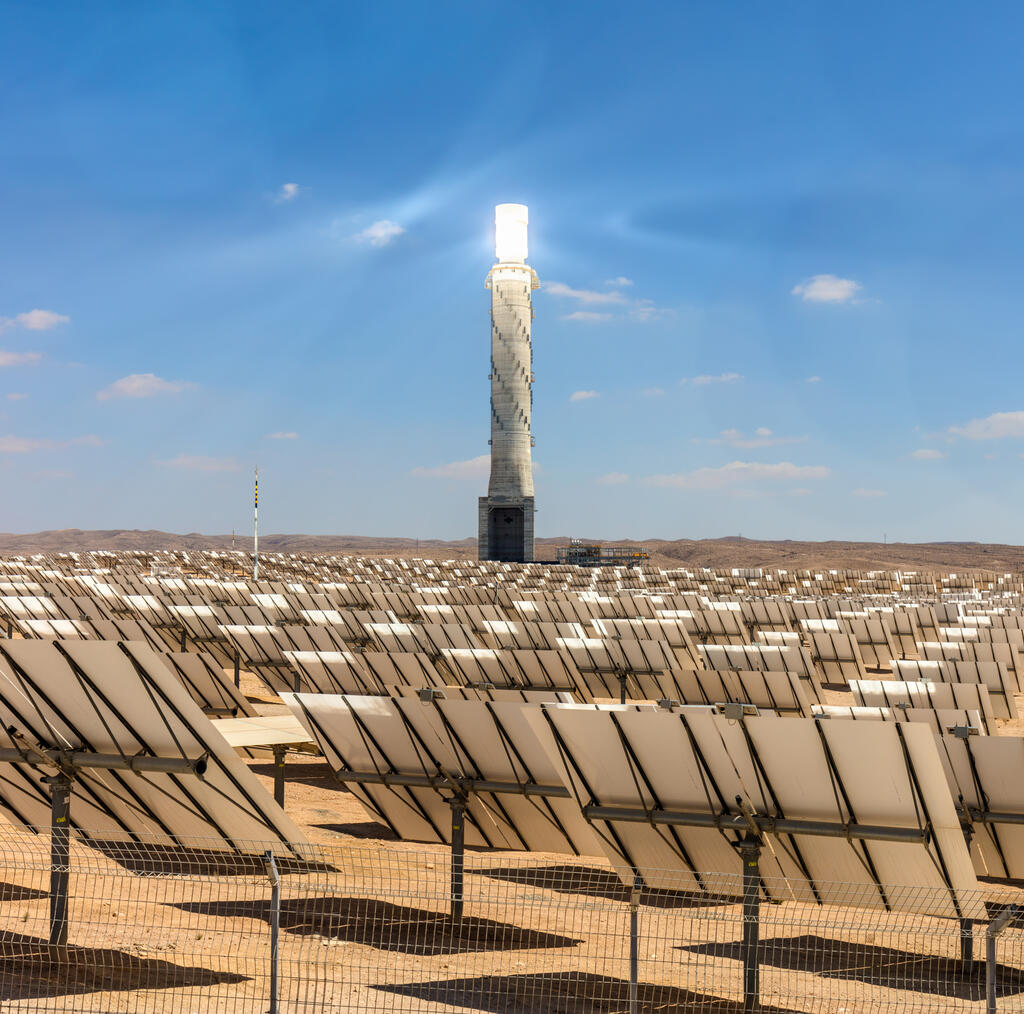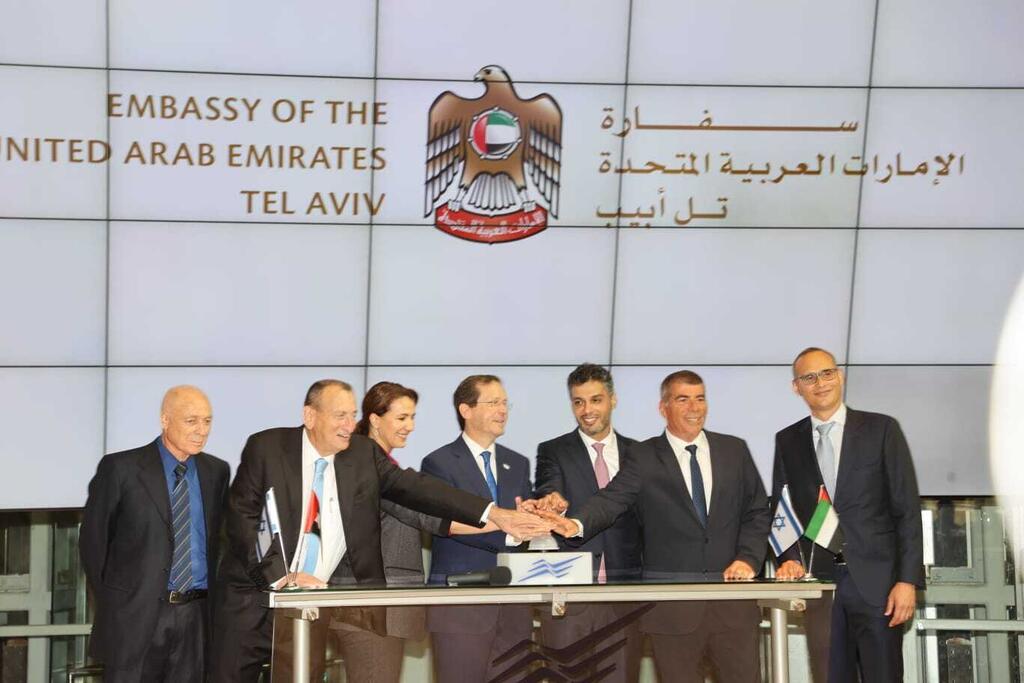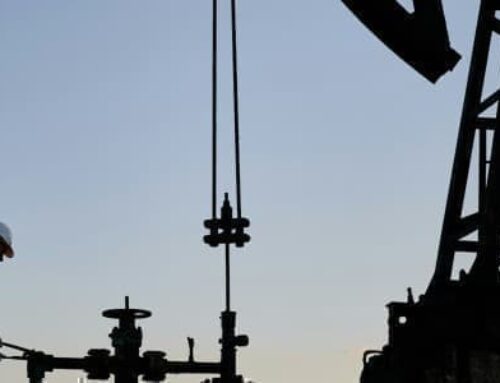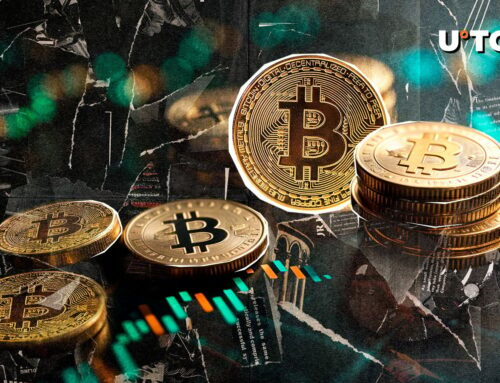Solar Peace: Why UAE-Israel renewable alliance deserves strategic continuity
May 17, 2025
In a region long shaped by oil and conflict, a different form of power is emerging — solar, not petroleum; cooperation, not confrontation. The 2022 announcement of the Prosperity Green initiative — a UAE-funded 600-megawatt solar plant in Jordan that would supply electricity to Israel in exchange for desalinated water — was more than a memorandum of understanding (MOU). It was a signal: that energy interdependence might succeed where traditional diplomacy has failed.
Three years later, the infrastructure remains unbuilt, but the concept is intact — and increasingly vital. Regional dynamics are shifting. Climate stress is intensifying. And the geopolitical center of gravity in the Middle East is being contested not only by longstanding powers, but also by new, assertive actors offering their own models of influence through infrastructure and finance. In that context, Prosperity Green is not simply a renewable energy project. It is a case study in how shared vulnerability — to heat, drought, and energy insecurity — can generate political alignment and economic integration.
At its core, the UAE-Israel-Jordan partnership reflects a strategic logic grounded in necessity. Jordan, chronically water-scarce and economically fragile, needs long-term access to affordable desalinated water. Israel, facing rising energy demand and climate constraints, seeks stable, diversified electricity sources. The UAE, meanwhile, has positioned itself as a regional convenor — investing in sustainability abroad while enhancing its diplomatic and soft power footprint.
This triangular exchange — clean power for potable water — creates more than mutual benefit. It creates interdependence. And interdependence, unlike ideology, is hard to reverse. It locks in incentives for cooperation, reduces the utility of conflict, and builds habits of coordination that can outlast any one administration or crisis.
The original MOU captured international headlines, but its enduring value depends on implementation. Delays have been understandable. Political transitions in Israel, economic headwinds in Jordan, and bureaucratic complexity have all slowed progress. But the strategic logic of the agreement has only strengthened.
The climate calculus is growing more urgent. The Middle East is warming nearly twice as fast as the global average. Heatwaves, water scarcity, and extreme weather are no longer hypotheticals — they are annual realities. Under these conditions, decoupling resource security from fossil fuels and national borders is not a luxury. It is a requirement for long-term stability.
The broader context for Prosperity Green is a shifting regional and global order. China has become increasingly active in renewable energy financing across the Middle East and North Africa, often offering infrastructure deals with few political conditions. Its presence is altering the investment landscape and introducing new forms of influence that contrast with earlier models of Western-led cooperation.
At the same time, energy security is becoming climate security. And climate security — especially in water-stressed, youth-heavy societies — is rapidly becoming political security. That makes projects like Prosperity Green doubly important: they address urgent environmental needs while embedding cooperation into physical infrastructure.
The solar-water swap between Jordan and Israel, facilitated by Emirati investment, offers a scalable model. Other countries facing similar asymmetries — energy-rich Gulf states, water-scarce neighbors, innovation hubs like Israel — could replicate the architecture. There is no shortage of need: North Africa, the Horn of Africa, and the broader Eastern Mediterranean face similar stressors and similar strategic gaps.
Get the Ynetnews app on your smartphone: Google Play: https://bit.ly/4eJ37pE | Apple App Store: https://bit.ly/3ZL7iNv
There is an unspoken but essential security dimension to this project. In an age of transnational threats — cyberattacks, climate shocks, water disputes — deterrence is no longer only about military capabilities. It is also about resilience. Nations interconnected through shared infrastructure have more to lose from instability and more to gain from coordination.
If the vision behind Prosperity Green is to endure, it must survive political transitions, economic cycles, and external pressure. That means continuity — in investment, in regional diplomatic architecture, and in the commitment to seeing energy cooperation not as a side note, but as a central pillar of regional security.
It also means recognizing that such projects represent more than climate progress. They are the scaffolding of a new Middle East — one where relationships are built not only through shared threats, but through shared resources.
Amine Ayoub is a policy analyst and writer based in Morocco.
Search
RECENT PRESS RELEASES
Related Post





